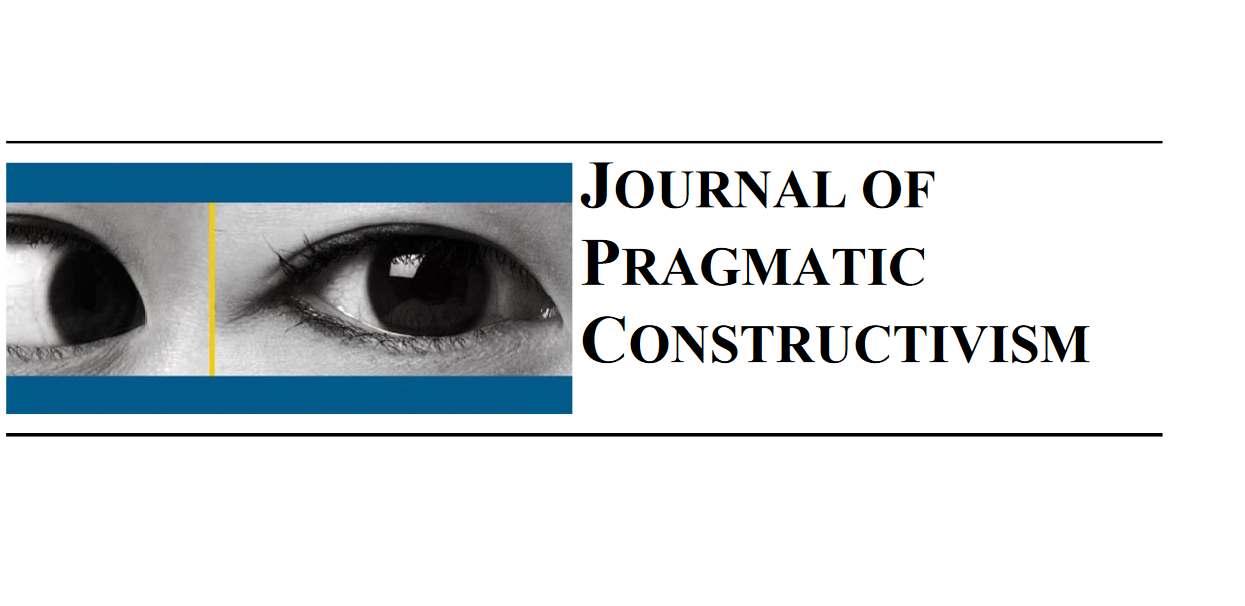Regarding the timely discussions and recent openings on pragmatic constructivism (PC), we provide here a few examples of potentially relevant topics. These examples do not, however, represent an extensive research agenda, but perhaps they could foster reflections on possible submissions to the Journal of Pragmatic Constructivism within or outside those topics.
First, the journal remains highly interested in the theoretical and methodological roots of PC. Therefore, the research is not merely “applying PC”; developing PC at a theoretical level or in tandem with empirical research is warmly welcome. Indeed, when it comes to learning and digitalization, for instance, applying PC represents a natural starting point for several potential contributions. However, examining learning and digitalization may result in new advancements, clarification and openings regarding the very essence of PC, as they require careful thinking of the actors and their roles in new settings.
Second, to further strengthen and develop PC may be done through examining and explicating the linkages between PC and some other philosophical ideas, theories and methodological approaches. There are already some discussions on reflecting PC and actor-network theory, strong structuration theory and the interventionist research approach. Still, some work on this topic could make it easier for research to position PC on the field of organizational and management studies.
Third, language games have been of a common interest within the network already for a while. Also, regarding the language games, there are several contribution potentials. It is very relevant to examine the language games with respect to the current pandemic situation and other current challenges. One example of a contribution potential lies in examining the language games and functioning practices of remote work, including the possibilities and barriers in constructing new knowledge when we cannot meet in person. Regarding this topic, the international network of ARC has been able to cooperate and exchange thoughts and construct the reality also in the remote work conditions significantly well! Such practices and experiences regarding the remote work seem to remain relevant also in the future.
The international network of ARC has been able to cooperate and exchange thoughts and construct the reality also in the remote work conditions significantly well!
Although the tri-fold division for research agenda on PC provides only examples of themes for possible submissions for the Journal of Pragmatic Constructivism, the current issue fits in this tri-fold research agenda as well.
The renaming of the journal also means a change in the editorial policy of the journal. From now on we aim for two types of publications: Research papers, that require direct, explicit contribution to PC or substantial explicit employment of PC to be accepted to the journal; and Research notes and essays, that can be accepted if the topic is considered valuable and relevant to PC, although there is no wide/explicit PC contribution. All the submissions to the journal will be given a full attention and consideration for publication in the journal. The submissions that pass the initial screening will be peer-reviewed according to scholarly journal standards. These means ensure the development of PC and eventually an increased understanding about functioning practices. Furthermore, the quality of the journal hopefully attracts more and more submissions and readers within the open international network around the journal.
Please do not hesitate to contact us, if you have something to ask concerning submissions.
Co-Editors: Morten Jakobsen, Tuomas Korhonen and Teemu Laine

